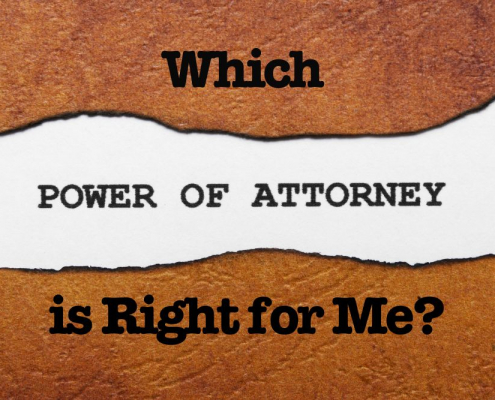Your Trust Administration attorney knows that most people who set up an estate plan are typically concerned with what happens to their belongings, like their money, jewelry, or house after they pass. However, little thought is often given to what will happen to their debts after they’ve passed away, including their mortgage.
Many people expect to pay off their mortgage long before they die, but that is not always a reality. This is especially true as more senior citizens take out mortgages and home equity loans to cover the cost of their advanced living expenses. With mortgages now being a concern towards the end of life, many people ask questions about what happens to their mortgage after they die.
The simple answer is that the mortgage stays with the property. That means the mortgage belongs to whoever inherits your house. This causes some complications when determining how the beneficiary will pay off the mortgage. Here are a few different scenarios regarding who is responsible for paying off your mortgage after you die:
Your Estate
Having your estate be responsible for paying your mortgage is often the best-case scenario, though it can only occur with the right legal and financial planning. The estate must have enough assets to cover the balance of the mortgage for this to happen, which may leave your beneficiaries with less in cash distributions. However, if the estate pays off the mortgage, your beneficiaries will own the house free and clear. It is possible to add a provision to your Trust to make the estate pay the mortgage, but you should speak with an experienced estate planning attorney to determine if that is the best way to address this situation.
Your Beneficiaries
Your beneficiaries may already have their own mortgages, so there could be some complications if you leave it up to them to pay the mortgage. If your beneficiaries are willing and able to pay, they may take over the monthly mortgage payments for your house. Your beneficiaries may want to refinance the mortgage to get a better interest rate if this is the route they choose. If your beneficiaries already own their own home with its own mortgage, they may want to sell either their home or the inherited home to pay off one of the mortgages.
Whether it’s the estate or beneficiaries, there may be some problems if the property is worth less than the value of the mortgage. If this is the case, it’s important to speak with the lender to see if a short sale is possible. If the lender agrees to a short sale, the home would be sold for less than the value of the mortgage, but the estate would not be responsible for the difference or loss.
If you have any questions about including your mortgage as a piece of your estate planning, or if you inherited a house with a mortgage and want to find out what your options are, please call us at 800-244-8814 to set up an initial consultation.
 https://www.copenbarger.com/wp-content/uploads/2024/10/Power-of-Attorney.jpg
667
1000
Valerie Guerrero
https://www.copenbarger.com/wp-content/uploads/2019/07/copenbarger-attorney-logo.jpg
Valerie Guerrero2024-09-08 09:36:512024-10-25 09:21:30Which Power of Attorney is Right for Me?
https://www.copenbarger.com/wp-content/uploads/2024/10/Power-of-Attorney.jpg
667
1000
Valerie Guerrero
https://www.copenbarger.com/wp-content/uploads/2019/07/copenbarger-attorney-logo.jpg
Valerie Guerrero2024-09-08 09:36:512024-10-25 09:21:30Which Power of Attorney is Right for Me?



